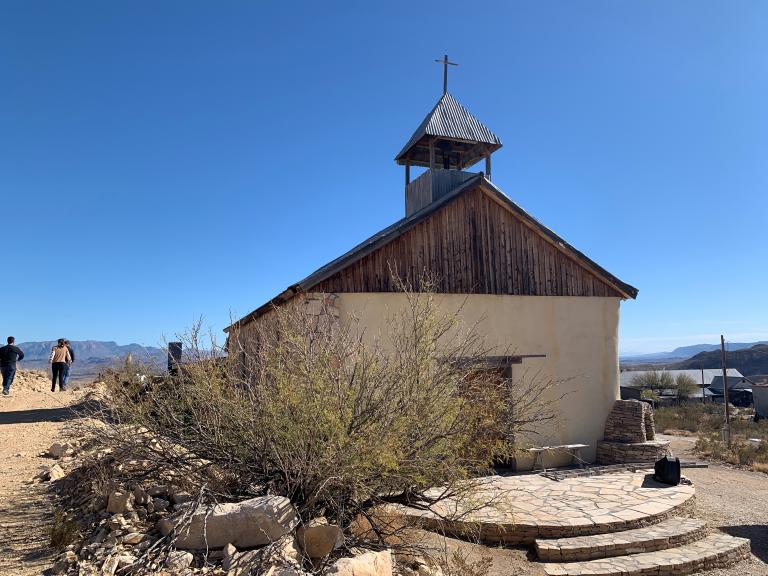Today I am sharing a hard story of how a woman, simply because of her sex, faced significant barriers in following the call God placed on her life. But today I am also filled with hope because, for the first time in our nation’s history, a woman is being sworn in as our Vice President. May we soon have a world where women can not only serve in our highest political offices but be free to serve in whatever way God has called them.
She stood not much taller than the pulpit, only the top of her green dress visible to the Southern Baptist audience sitting in the pews below. I remember it so clearly. She had been my elementary P.E. teacher only a few years before, leaving to serve on the mission field in Mexico and Jordan before returning home to small-town Texas. Her goal was to be a long-term missionary and, that Sunday, she had been invited to give her “testimony”. As best I can remember, Martha Bumpas was the first woman I ever saw “speak” from behind a Baptist pulpit.
Called to ministry at the age of 10, Martha dedicated her early life to getting the ministry experience and education needed to be sent as a missionary by the Southern Baptist International Mission Board (IMB). She succeeded–serving as a missionary in Asia for almost two decades. But the challenges she faced as a missionary, the least of which was learning languages from Arabic to Korean to Mandarin Chinese, were exacerbated by the challenges she faced as a woman in an increasingly complementarian Southern Baptist world. Martha lived through the conservative resurgence of the SBC in 1979, the conservative takeover of Southwestern Baptist Theological Seminary (including the infamous firing of President Russell H. Dilday in 1994 while she was a seminary student), and the requirement for overseas missionaries to sign the 2000 Baptist Faith and Message. She finally made the hard decision to walk away from her Baptist heritage so that she could remain on the mission field.
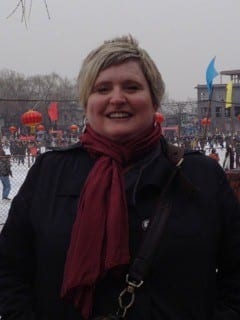 Martha’s tenacity reminds me of an observation I make in The Making of Biblical Womanhood: How the Subjugation of Women Became Gospel Truth (releasing three months from today!)–“women, despite patriarchy’s ever-moving goalposts, have always found a way to preach and teach the Word of God.” I am thankful for Martha allowing me to interview her so that I could share her story.
Martha’s tenacity reminds me of an observation I make in The Making of Biblical Womanhood: How the Subjugation of Women Became Gospel Truth (releasing three months from today!)–“women, despite patriarchy’s ever-moving goalposts, have always found a way to preach and teach the Word of God.” I am thankful for Martha allowing me to interview her so that I could share her story.
When did you first feel called to ministry? I was in GA’s (Girls in Action–a mission group for girls in Baptist churches) when my mother who was the leader asked, “What if God asked you to go to others and tell them about God’s love and His gift of life without end? Would you go?” That was in my mind the two nights I white-knuckled the pew during a revival service in my home church, thinking when you say you will follow Jesus. . .it may mean to the end of the world. On the second night I decided to follow with my best knowledge of who God is. Then, at 18, while in a senior English class in High School, I was given a writing assignment to tell about myself. One of the questions in the assignment was to tell what I planned to be doing in 10 years…I really can’t say where it came from, but I wrote I would be doing mission work in 10 years. (When I was 25 I went to Jordan to begin my mission work.)
What is one of your earliest memories when you realized your calling to ministry would be limited by your Southern Baptist faith? My first experience was during my wo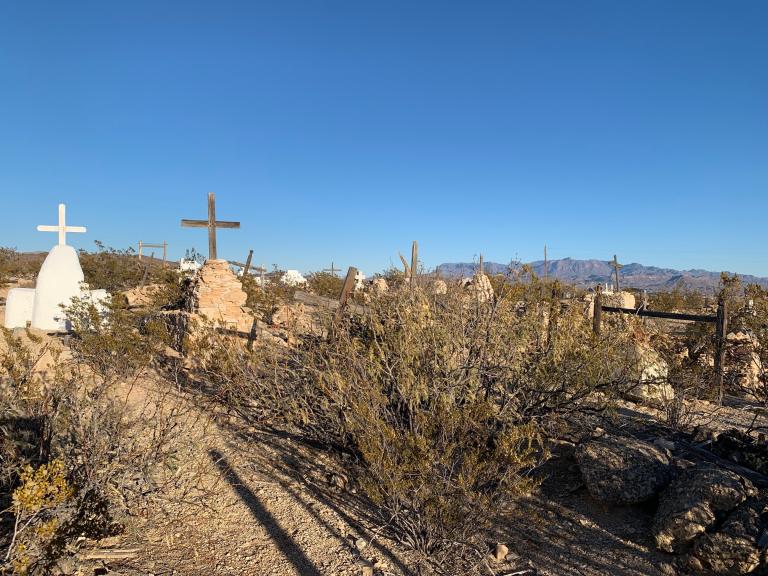 rk in Mexico. All of the group were college students–4 guys and 3 gals. The guys got to preach and the gals gave their testimonies, or translated for the guys preaching. I’m not sure I recognized what was being said of my gender at this point or of my capabilities to speak to others about God. I had no doubt about being limited during my first church staff appointment. During a regular staff meeting, a question was put out to the group. I gave my thoughts, to which the senior past told me clearly, “Until you are married you don’t need to speak in these meetings.” This was shocking but even more telling that married women had a voice in ministry which I didn’t have. (By the way, this would not be the last time I faced moments in ministry that left me out because I wasn’t married and because I was female.)
rk in Mexico. All of the group were college students–4 guys and 3 gals. The guys got to preach and the gals gave their testimonies, or translated for the guys preaching. I’m not sure I recognized what was being said of my gender at this point or of my capabilities to speak to others about God. I had no doubt about being limited during my first church staff appointment. During a regular staff meeting, a question was put out to the group. I gave my thoughts, to which the senior past told me clearly, “Until you are married you don’t need to speak in these meetings.” This was shocking but even more telling that married women had a voice in ministry which I didn’t have. (By the way, this would not be the last time I faced moments in ministry that left me out because I wasn’t married and because I was female.)
How did you try to adapt your calling to ministry to the limitations placed on you as a woman? Adaption is the name of the game when you are a single female in an evangelical denomination. First, starting in seminary [when a student at SWBT Seminary], women are pointed toward an MA in Religious Education instead of an MDiv. I was (eventually) told that I should leave the seminary all together and just get an MA in Education from any university [as that path would be easier as a woman]. Another way I found to adapt was to go overseas. At that time, in 1994, women–even single women–were able to be in leadership roles [as missionaries] leading an entire area of the world. By 1999 the organization I worked for had stripped all of the women out of leadership roles…After 2000, I found isolation was the best way to serve [as a woman]. If I went to areas where security or others didn’t want to go, I had more freedom to work on my own. I also found if I was temporarily transferred to another organization–school, NGO [Non-Government Organization], or non-profit–I had the greatest freedom to express myself in ministry. Yet I always had to answer the mother organization in training and reports, which led to being reminded that I was to remain under their authority.
What was your experience as an early missionary? Did you feel the same type of limitations on you overseas as you did back home in Texas? Always in reflection you see how the mother organization is gaslighting you to believe that their approach to women is normal. One example I gave earlier was that as college students, male and female teammates, working in Mexico with the same type of education (no one having ‘seminary’ training), but the male members were told they would be preaching and the female members would share their testimony. Female members could translate for the male members preaching–but never preach. The female members were to work with the children and women, to sing, cook, and give testimonies. In some parts of the world, I found this to be true [for churches]. In other parts of the world, the culture of the church empowered me to preach, teach, and join them [even as a woman].
What was the impact of the SBC 2000 Baptist Faith & Message on you as a missionary? It was the beginning of the end. First, one good point is that it was slow to be rolled out on the foreign shores. Colleagues wrote how they followed the Bible and they got by with that statement. Others refused to sign based on their 30+ years of service and their keeping of the great commandment. I personally took another stand–to sign and state that I would sign the Bible [in lieu of the statement]. How you were handled depended on your supervisor at the time. My supervisor at the time didn’t challenge me while I know of others who were challenged and having to leave the field. It was messy for sure and hurt the work overseas, forming a community of distrust and fear of the organization–not how God intends for us to serve him.
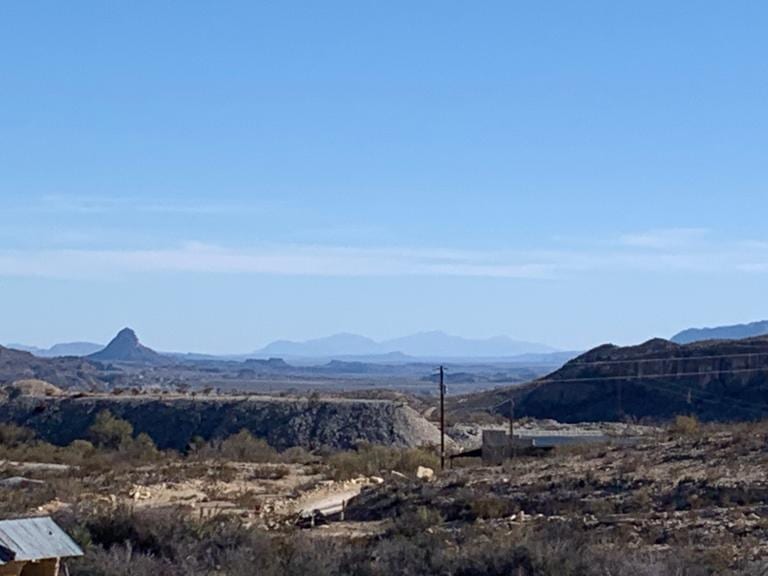 How did you try to adapt? I adapted by getting transferred again to a temporary NGO and going further into countries where being a “missionary” wasn’t possible unless you had a clean C.V.–i.e., teaching, business, agriculture, medical engineering, etc. [not officially a missionary]. The other option was being pulled back to the U.S. or a safe country to be re-educated by the mother organization and reminded of their authority.
How did you try to adapt? I adapted by getting transferred again to a temporary NGO and going further into countries where being a “missionary” wasn’t possible unless you had a clean C.V.–i.e., teaching, business, agriculture, medical engineering, etc. [not officially a missionary]. The other option was being pulled back to the U.S. or a safe country to be re-educated by the mother organization and reminded of their authority.
What was your experience like after leaving the SBC? I never served with other mission organizations after SBC life, only NGOs working in Asia. I had the freedom to be who God had called me to be. I became a leader in the NGO, to the point of leading key programs as a top administrator. One important experience for me was to work alongside male colleagues as an equal for the first time in my career.
Even after you left the SBC, did complementarianism impact you as a church member overseas? One experience I had was while attending an international church. At first women were praying and leading during the worship time. We begin to have big name evangelical leaders [many from U.S.] come to our community to preach, to give seminars and training. With time, our worship experience began to look different. The lady with a strong prayer life was no longer asked to lead the congregants in prayer. Women slowly but surely were back to singing, caring for the children and women, but not serving the body of Christ in worship. I sought out one lady and asked why she was not speaking or praying. She answered it was her decision. Another lady was more to the point, [telling me] that the leadership had worked to remove women from praying during the worship time.
How did you feel when you realized what was going on? That it was abusive! They are gods of gaslighting and getting [women] to a place where you can’t trust your own knowledge of good and evil.
Does the gender hierarchy you lived with for over 25 years still affect you today? Yes! It began affecting my relationship with God first. After some counseling and getting away from the grip of [complementarian] authority, I began to know God again as a loving God; a God who wanted me involved in ministry, and I wanted to be involved in ministry again too. I won’t be involved in any evangelical church. I’m learning to trust what I hear God say to me again; not waiting for the supervisor, preacher, or some dude that’s just trying to make a million dollars a Sunday off of God. You see, at the core of this evil plot is that they strip you of your humanity, dignity, your worth as God sees you. Evangelical churches aren’t the only religion that pigeon-holes women to say ‘you can only be this way.’
Do you have any advice you would give to women called to ministry who are still part of complementarian churches? Yes. Run away from that abusiveness. If they want you to keep anything secret, something is wrong and is usually abusive. I find these two questions help me center on truth. 1) Who am I to God? 2) What is God for (to) me?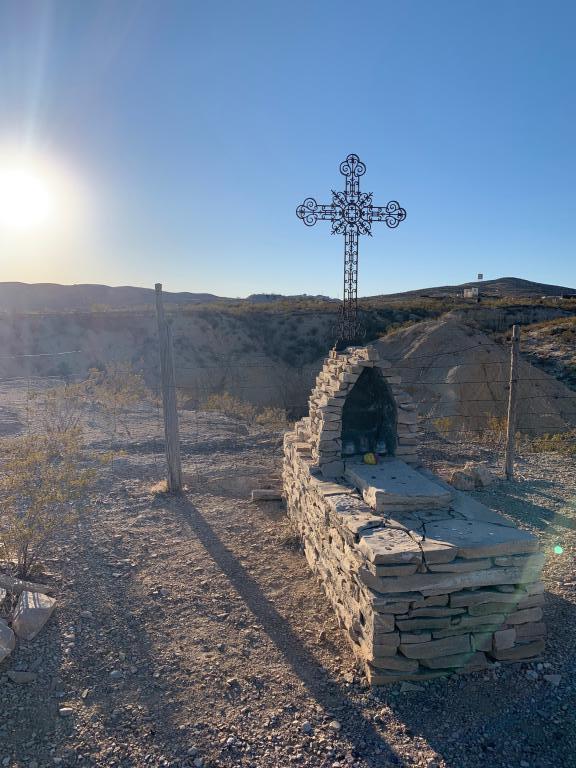
Do you have any final thoughts you would like to add? I wonder how much of culture has played a part in complementarianism? I have lived in 5 various cultures. I have visited many many more. As I consider complementarianism, does it appear in other cultures (i.e. churches)?
Mexico: I would say yes as I reflect back….or was it evangelical dogma much like the old colonial missionaries of the past bringing their ‘culture’ to ‘save’ the people?
Jordan: Yes. I believe here to work you had to keep with their [patriarchal] doctrine in society. Men rule. Women, well [they do not].
South Korea: The culture was very separated as to gender roles. But in the church you would see women preachers, women deacons, etc., It is like the church in South Korea knew how to grow–you had to have women in leadership.
China: Mao made all things equal, as a Chinese teacher told me. Women and men may both dig ditches here. This was true in the National church (Chinese Church), but not so much in the churches planted by evangelicals.
USA: Well, we know southern culture plays a part [in complementarianism], but I no lon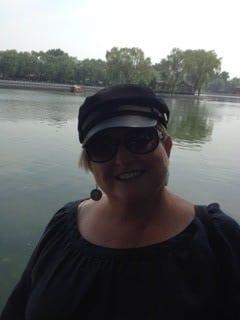 ger accept the full penalty of culture [patriarchy] here.
ger accept the full penalty of culture [patriarchy] here.
Martha Bumpas is currently serving as a Minister in Residence in a Presbyterian Church (USA). She is training to become a Ruling Elder in the PC USA. The images, alongside the pictures of Martha, are from my family’s trip to the West Texas ghost town Terlingua.
‘


